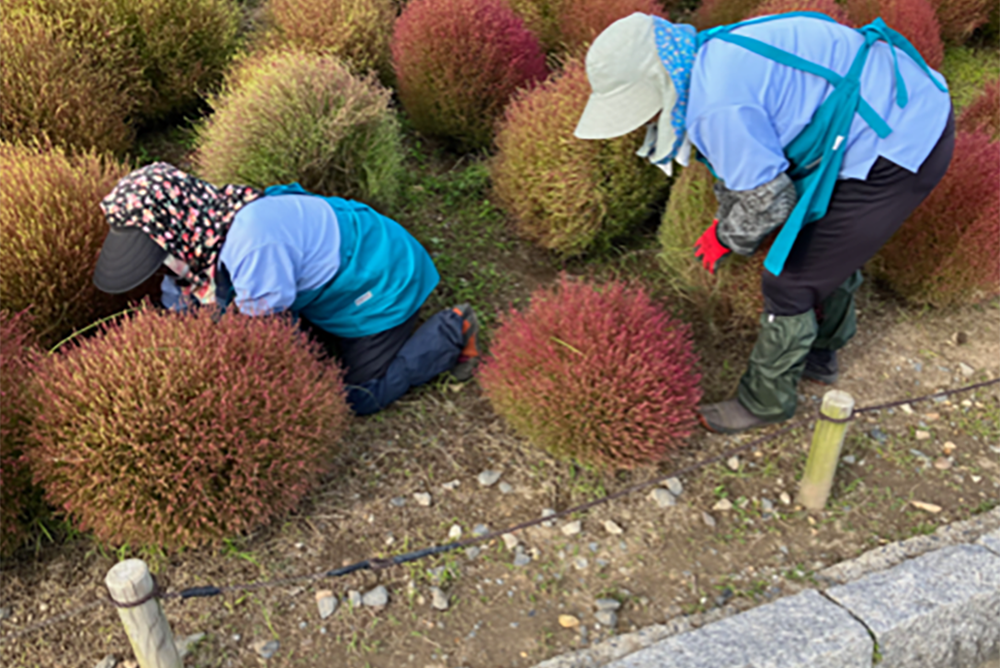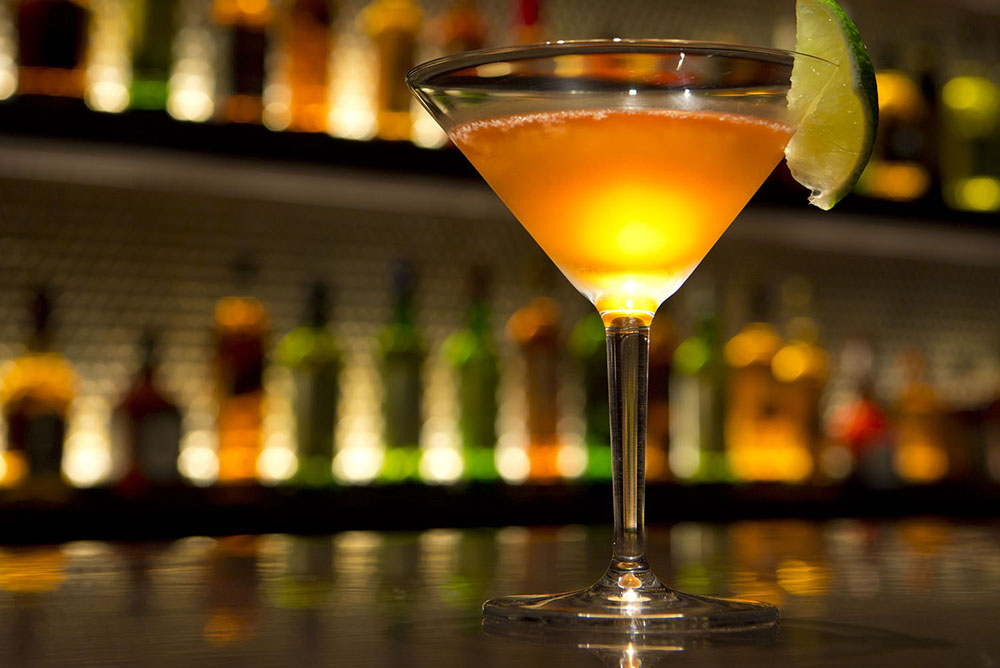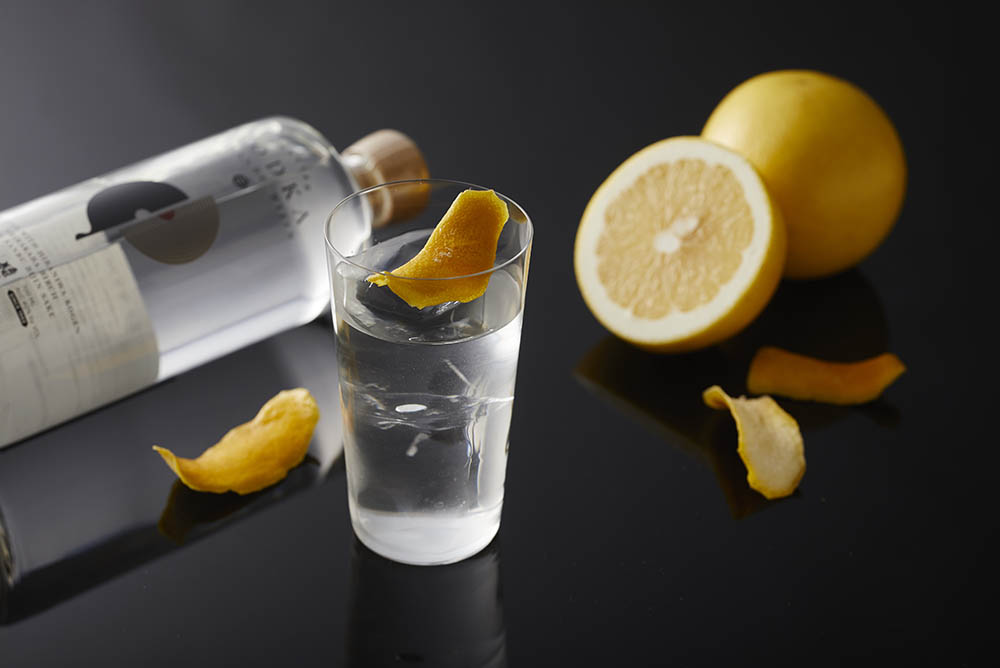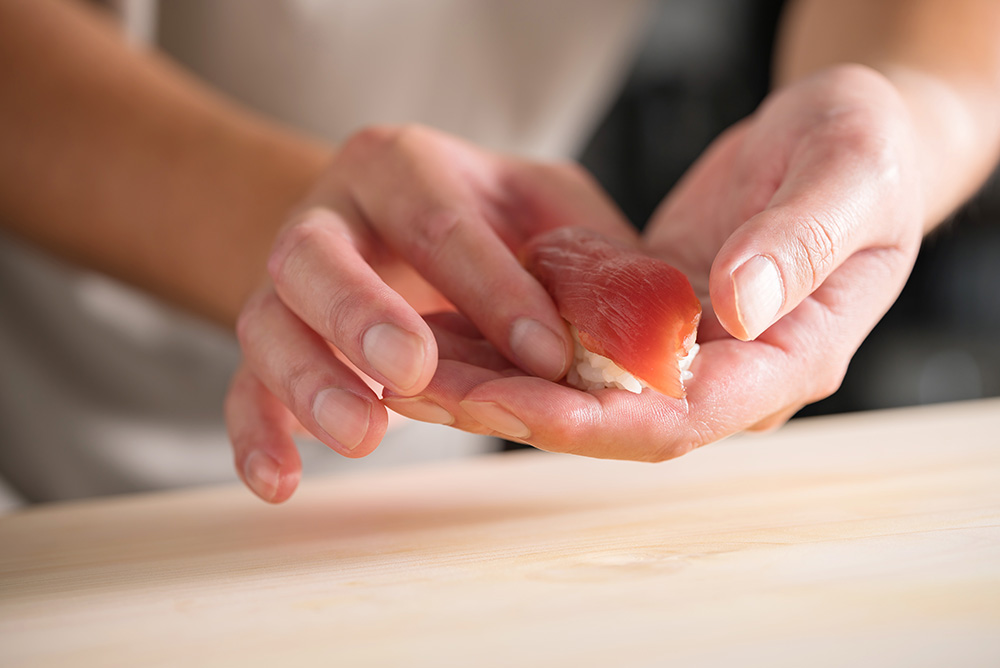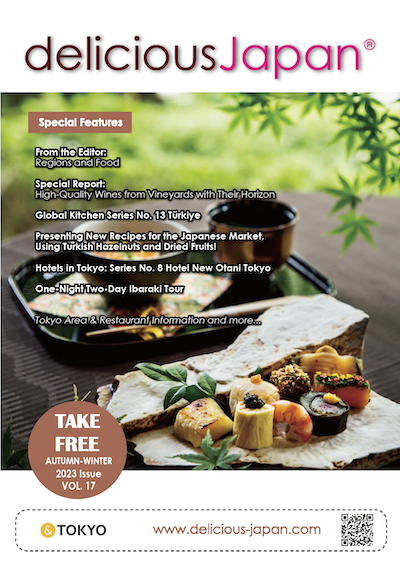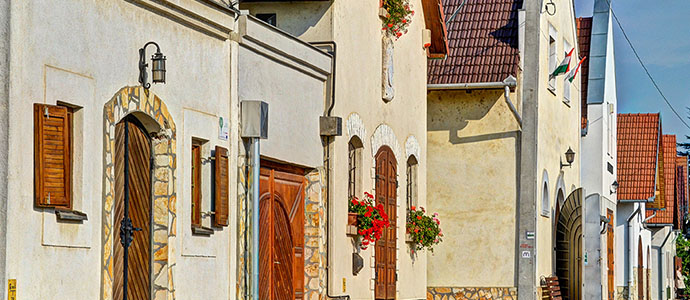
Global Kitchen Series No.9 - Hungary

Dora Veronika RUSZNAK
First Secretary
Agricultural Affairs
Embassy of Hungary Tokyo
I am the Agricultural Counsellor at the Embassy of Hungary in Japan from 2018. My main mission is to promote Hungarian agricultural and food products, to help Hungarian food companies on the Japanese market and to be the contact person between the Japanese and the Hungarian agricultural ministries. When I arrived three years ago, Hungary just have started the negotiations on the pork regionalization agreement with Japan. One of my most important task was to help these negotiations and thanks to the incredible work of the Ministry of Agriculture of Hungary and of Japan, the two countries came to an agreement early this year. I am proud to say, that Hungary was the first country -and until now the only one- in the world to come to an agreement regarding this matter with Japan. I believe it is a huge success and it proves the strict animal health requirements of Hungary.
What are the main food products imported to Japan from Hungary?Our export to Japan is strong in poultry, mainly duck and goose products, such as foie gras, foie gras canard, magré, but recently we also started to export high quality chicken to the Japanese market. Hungarian honey, especially acacia honey is highly appreciated by Japanese consumers, with a good reason. There is also an increased demand from Japanese importers for our frozen vegetable products, sweet corn, green peas and various mixes. Hungarian white goose down feather is used in the highest quality futons in Japan and you can find Hungarian wine as well on the shelves of Japanese shops.
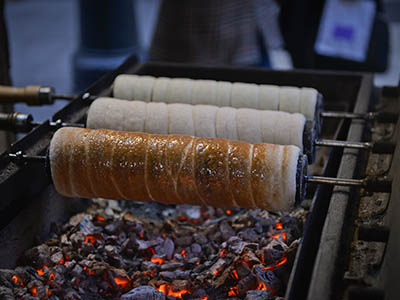
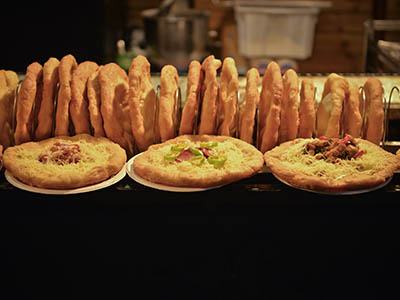
Hungary has an excellent geographical and climate conditions, nearly two thirds of our land is suitable for agricultural production. The fertile soil in Hungary is one of the best in the world and we have the largest underground fresh water reserves in Europe. Also, ingredients from Hungary are 100% GMO free, as the ban on GMO is laid down in our constitution.
I know there are some avid fans of your wine, for instance, Tokaji wine. Can you let us know in detail about your wine in Hungary?Our wine tradition is an integral part of Hungary’s national heritage. The Tokaj region that you have mentioned is most famous for a very unique type of sweet wine, the so called Aszú, that was once called the “the king of wines, and the wine of kings” by the Sun King, Louis XIV of France. However, the Tokaj region has excellent dry wines as well, like Furmint. Furmint is actually the dominant grape variety in Tokaj and it can produce incredibly complex and nice wines, it is gaining more and more international attention lately.
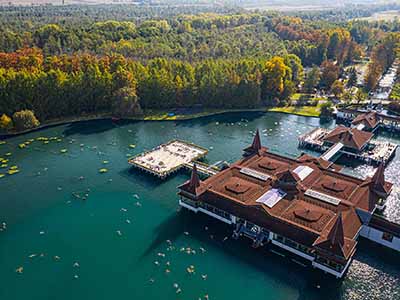
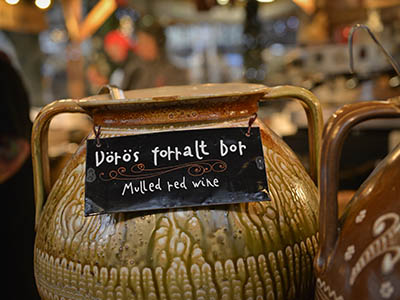
It might be safe to say that the Japanese market is the toughest in the World. Everybody wants to sell here and the consumer expectations are incredibly high. Even a few millimeter inconsistency in a label can disqualify a product. Keeping this kind of quality standards is hard for any producer.
What are your plans in order for your products to take further root into Japanese market?Japanese consumers would usually buy well-known brands or well-known products of a country. Unfortunately, many Japanese consumers are not yet aware of the products that Hungary is famous for; therefore we need to further work on that. In October for instance, we had an open event where anybody could experience and learn about Hungarian honey and honey producers, while also experiencing Hungarian culture and arts. It was a free event with programs for everybody at ARK Hills Karajan Square.
Let me ask you about Onsen in Hungary. As you may know, Japan is known as one of the biggest Onsen nations. What are the unique features of Onsen in Hungary?Hungary is incredibly rich in thermal and mineral water, in fact the world’s largest thermal lake suitable for bathing is in the Western Hungarian town, Hévíz. In this lake, the water temperature never drops below 26 Celsius, so visitors can swim all year round, even wintertime.
What do you recommend about how we can enjoy your Onsen?Usually we use our onsens with bathing suit, so friends and families can enjoy a nice relaxing time together. Many of our onsens are not only famous for their mineral waters and its positive effects on the body, but for their beautiful architecture as well. I recommend everybody who visits Hungary to try more than one onsen.
Any additional or final comments?If you see a Hungarian food product when shopping, please try! You will definitely enjoy.
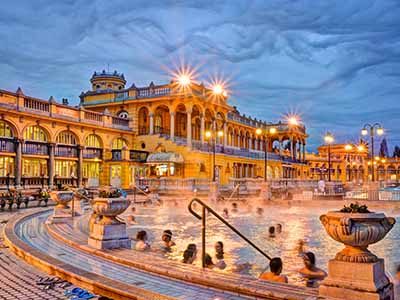

Photos by mtu.gov.hu

